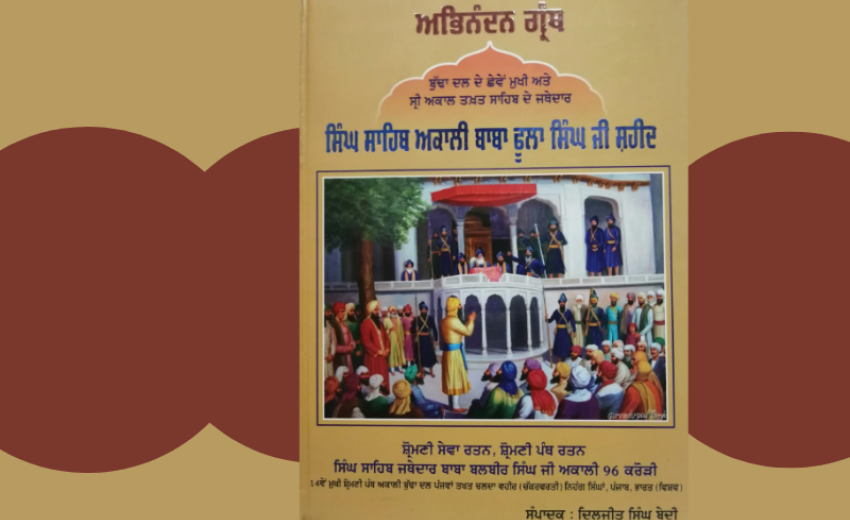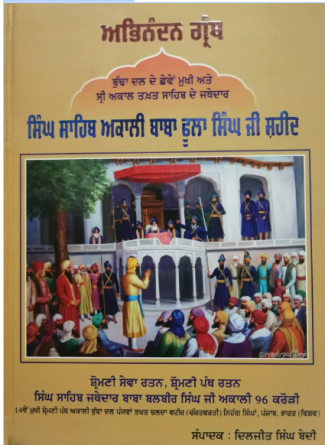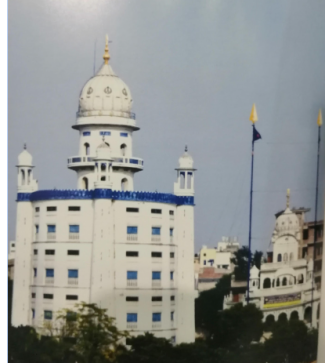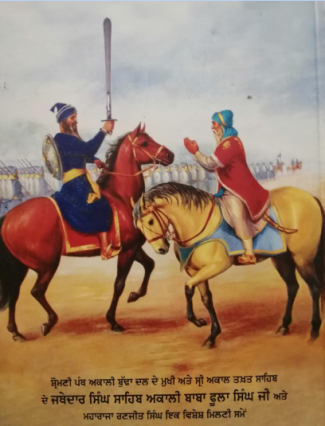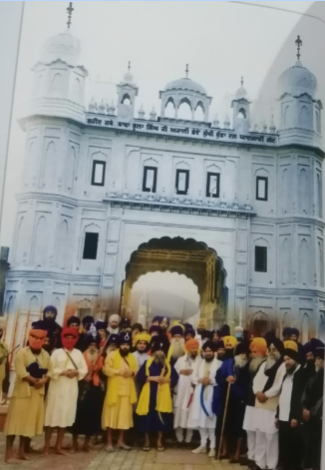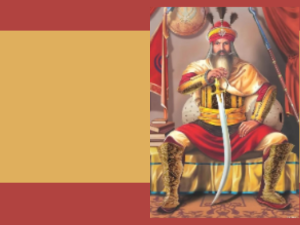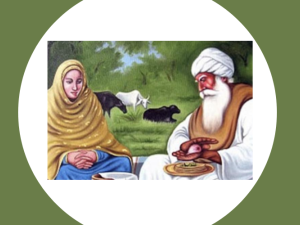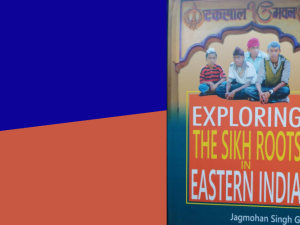Abhinandan Granth, edited by a Prominent Writer Diljit Singh Bedi, is a monumental work that commemorates the life and achievements of Jathedar Akali Baba Phula Singh Ji, one of Sikh history’s most celebrated military and spiritual leaders. Spanning 484 pages, the granth offers an in-depth exploration of his formative years, rise to prominence as a commander, and his enduring influence on Sikh tradition
In addition to the editorial work by Diljit Singh Bedi, the Granth likely features contributions from other notable scholars, historians, and writers. These could include experts in Sikh history such as Dr. Kirpal Singh, Dr. Fauja Singh, and Prof. Surjit Singh Gandhi, who are known for their work in documenting Sikh historical figures and movements.
Abhinandan Granth, introduces the figure of Jathedar Akali Baba Phula Singh Ji, a key Sikh historical figure, and provides some context about his birth and early life. Granth, edited by Diljit Singh Bedi, is a tribute to the legacy of Jathedar Akali Baba Phula Singh Ji, an eminent Sikh historical figure, warrior, and religious leader. The work delves into his significant role in Sikh history, his contributions as a commander and administrator, and his spiritual influence. The granth appears to be comprehensive in its approach, weaving together historical facts, anecdotes, coloured historic photos and reflections on his personal and public life.
The content reflects a deep engagement with the life of Baba Phula Singh Ji, particularly his role in resisting oppressive forces and upholding Sikh sovereignty. The structure seems biographical but also blends elements of historical narrative, focusing on his early life, military leadership, and dedication to the Khalsa Panth. By introducing his birthplace, lineage, and early upbringing under the guidance of Baba Naina Singh, the editor situates Phula Singh within the broader Sikh tradition of spiritual and martial leadership.
Jathedar Akali Baba Phula Singh Ji is presented not only as a military leader but also as a symbol of Sikh valor and steadfastness. His involvement in defending the Sikh state and his role in important battles highlight his tactical acumen and commitment to the Sikh cause. The granth situates him within the context of the late 18th and early 19th centuries, a time of significant upheaval in Punjab, thus emphasizing his contributions to both military and religious life.
Diljit Singh Bedi’s editorial effort appears to balance factual rigor with a reverence for Baba Phula Singh’s legacy. The text likely includes references to primary sources, Sikh historical chronicles (e.g., Gurbilas, Suraj Prakash), and oral traditions, thus grounding the narrative in a blend of historical documentation and communal memory. Bedi’s goal may be to inspire future generations by preserving the life story of a figure central to Sikh martial and spiritual identity. While the granth is likely rich in historical detail and inspirational in tone, a potential critique could arise regarding the balance between hagiography and objective historiography. Works dedicated to revered figures, particularly those with religious significance, sometimes risk idealizing their subjects at the expense of critical engagement with the historical complexities. Abhinandan Granth is an essential contribution to Sikh historiography, offering a detailed exploration of the life and legacy of Baba Phula Singh Ji. Its value lies not only in documenting the life of a key Sikh figure but also in fostering a deeper understanding of Sikh resistance, leadership, and religious devotion during a crucial period in Punjab’s history. However, a nuanced scholarly approach would benefit from a more critical analysis of how the granth engages with both Sikh historical sources and broader historical contexts.
In summary, Abhinandan Granth stands as a comprehensive homage to Jathedar Akali Baba Phula Singh Ji, blending historical narrative, cultural reflection, and inspirational storytelling. It serves as both a source of inspiration for Sikhs and an important scholarly document for those interested in the complex history of Sikh leadership during a pivotal era in Punjab. The inclusion of prominent Sikh historians further strengthens its academic rigor, making it a valuable resource for both the community and scholars alike. This title and review emphasize the depth of the work while noting the involvement of influential contributors.

